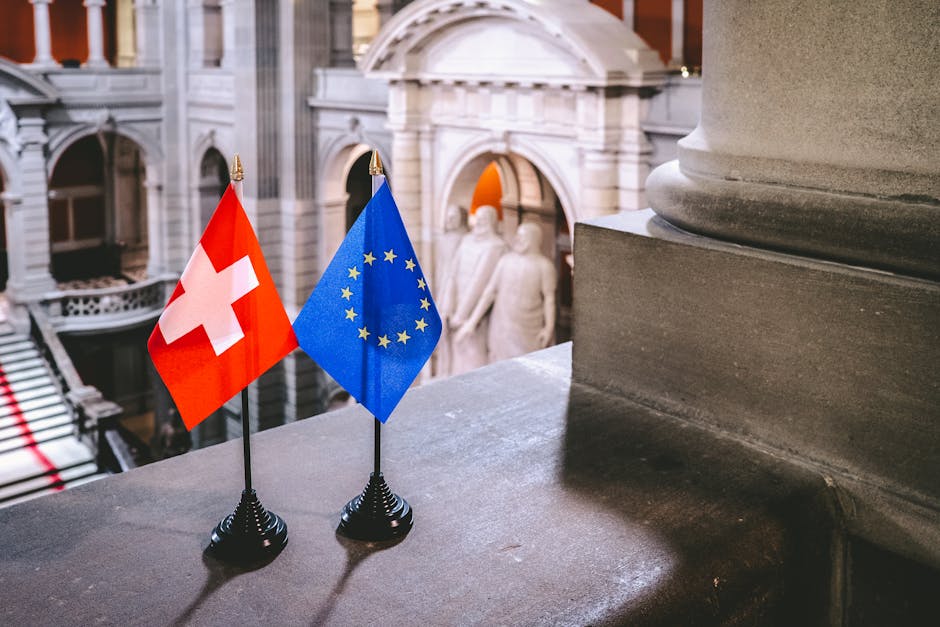Global conflicts have plagued humanity for millennia, leaving a trail of devastation and suffering. While the desire for peace transcends borders, the path to its attainment remains complex and fraught with challenges. International cooperation, a multifaceted approach to shared problems, emerges as a potential instrument for establishing durable peace. However, its efficacy as a guaranteed pathway to lasting peace is a matter of ongoing debate and scrutiny.
A significant argument in favor of international cooperation’s role in fostering lasting peace stems from the principle of shared responsibility. Global challenges, such as climate change, terrorism, and pandemics, transcend national borders. Addressing these issues effectively demands collective action and shared resources. For example, collaborative efforts in combating climate change, involving numerous nations in agreements like the Paris Accord, demonstrate the potential of international cooperation to tackle problems that no single country can solve alone.
Furthermore, international organizations like the United Nations play a crucial role in mediating disputes, fostering dialogue, and promoting peaceful resolutions. Their structures, designed to facilitate negotiation and diplomacy, provide platforms for countries to address conflicts constructively. The UN’s role in peace-keeping operations, albeit not always successful, exemplifies the potential of international cooperation in de-escalating tensions and maintaining stability. Successful interventions often involve a combination of diplomatic pressure, financial support, and deployment of troops, showcasing the necessity of a multi-pronged approach.
Economic interdependence, a consequence of globalization, is another powerful argument for the importance of international cooperation. Countries with strong economic ties often exhibit a diminished inclination toward military conflict. Shared economic interests, trade agreements, and investment opportunities discourage hostile actions, creating a framework for peaceful coexistence. The European Union, a prominent example, showcases how economic integration fosters a strong incentive for maintaining peace and stability within its member states.
Nevertheless, the link between international cooperation and lasting peace is not without its limitations and caveats. The success of international efforts is often contingent on the motivations and willingness of participating nations to compromise and uphold agreed-upon norms. Self-interest and conflicting national priorities can undermine cooperative initiatives. Powerful nations may manipulate international institutions to serve their own agendas, hindering the pursuit of true multilateralism.
Furthermore, the very nature of international relations often involves a delicate balance of power. The ability of international organizations to enforce agreements and resolve conflicts effectively relies heavily on the support and cooperation of powerful actors. When key players refuse to adhere to international norms, the effectiveness of collaborative frameworks is significantly diminished. History provides numerous instances of international agreements failing to prevent or resolve conflict due to the lack of enforcement mechanisms or the unwillingness of powerful states to comply.
Cultural differences and divergent geopolitical interests can also impede the pursuit of lasting peace through international cooperation. Deep-seated mistrust, historical grievances, and ideological clashes can create barriers to collaboration and compromise. Reconciling diverse perspectives and aligning actions across nations remains a formidable challenge.
Another crucial aspect to consider is the issue of enforcement. While international agreements can establish frameworks for cooperation, the ability to enforce these agreements remains a significant constraint. The absence of a truly global enforcement mechanism often leaves countries with the option to prioritize their national interests, even if it undermines the spirit of cooperation. This highlights the inherent tension between the collective good and individual national interests.
Critically, the definition of “lasting peace” itself merits consideration. Is it merely the absence of overt conflict, or does it encompass deeper social and economic justice? While international cooperation can certainly contribute to the reduction of overt conflict, it does not automatically guarantee the attainment of more profound societal transformations. Addressing issues of inequality, human rights violations, and economic disparities within and between countries is fundamental to achieving truly lasting peace.
In conclusion, international cooperation possesses considerable potential in fostering lasting peace. It provides a framework for addressing shared challenges, mediating conflicts, and promoting economic interdependence. However, the path to lasting peace through international cooperation is not straightforward. It requires not only consistent efforts but also a genuine commitment from all participating nations to compromise, uphold agreed-upon norms, and recognize the interconnectedness of global challenges. The success of international cooperation in achieving lasting peace is contingent on the willingness of nations to transcend their individual interests and embrace the collective good. The pursuit of true global peace remains a monumental, multifaceted endeavor, needing continuous efforts and critical reflection on the effectiveness of international cooperation in achieving such a lofty goal.












